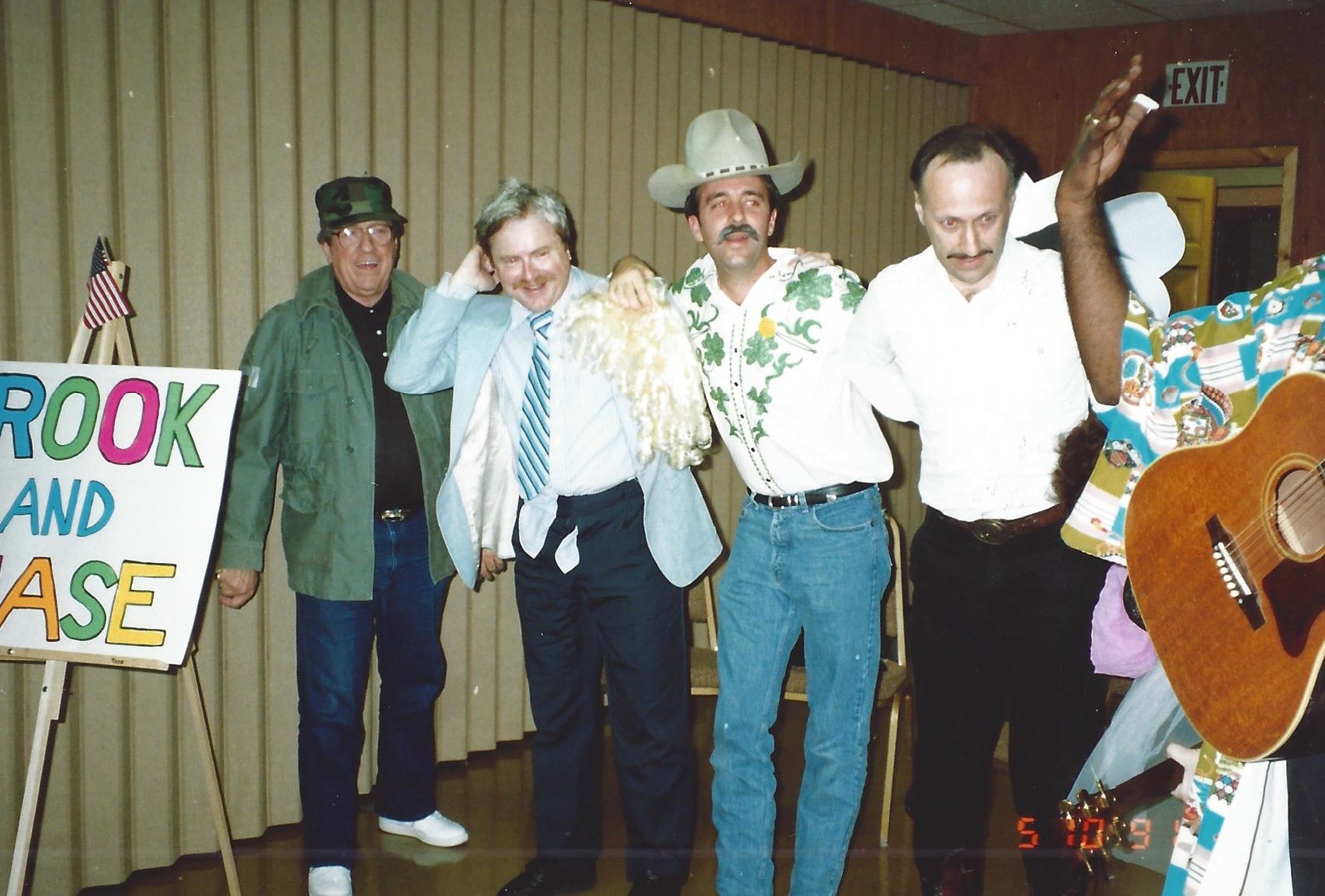
HISTORY
In the late fall of 1988 Jim Ed Norman, president of Warner/Reprise Nashville, hosted a luncheon for a small group of music executives in his conference room in the old Warner Bros. building, 19th and Broadway. Everyone in attendance was an experienced music professional, and all had graduated from Leadership Nashville – the community issues-awareness program created to nurture communication and cooperation among accomplished Nashvillians positioned to “make a difference.”
Jim Ed’s message was simple: Nashville’s music community had been built on a foundation of informal communication, mutual understanding, honorable competition and trust. But the size of our modern industry—in both dollars and personnel—had undermined our informal approach to communication and competition; we could no longer depend on breakfast at the Pancake Pantry or a drink at Sunset Grill to keep Nashville’s unique work ethic alive.
Jim Ed proposed a formal program that could rebuild and sustain the cooperation and mutual respect that made our entertainment scene so special, and after much discussion, the group agreed. We would develop something akin to Leadership Nashville but focused closely on the special character of Nashville’s music industry. Leadership Music was born.
On the surface, the new program looked deceptively like its Leadership Nashville model; we planned in committees, rode around in buses, held panel discussions, and presented outrageous and insightful skits at Closing Retreat. But Leadership Music quickly developed its own character. Because we concentrated on a single industry, LM could dig deep into every issue; because class members knew plenty about how the industry worked, it was hard for panelists to get away with deception and “spin.”
And because Leadership Music classes included a high percentage of “creative types,” the level of humor, musical artistry, imaginative class programming, and old-fashioned fun was consistently high.
It was a different time. When the first class gathered in the fall of 1989, Clint Black was on his second Number 1 hit; nobody had heard of Napster or Clear Channel, to say nothing of Google or Pandora. Nashville had not yet consolidated as the world center for Gospel and Christian music, and songs were recorded on tape in big, rented studios. The Country Music Hall of Fame still brought thousands to Music Row, and, if you owned a few thousand shares of a West Coast start-up, Microsoft, you might have laughed if somebody told you that you were getting ready to be very, very rich.
Our global economy and the business model of our industry have both shifted dramatically over the years, but Leadership Music has tracked every change, all the while improving the level of service to participants, creating terrific special projects, and assembling an alumni association that’s a real “Who’s Who” of the Nashville entertainment scene.
Bill Ivey, Leadership Music Founding Council
